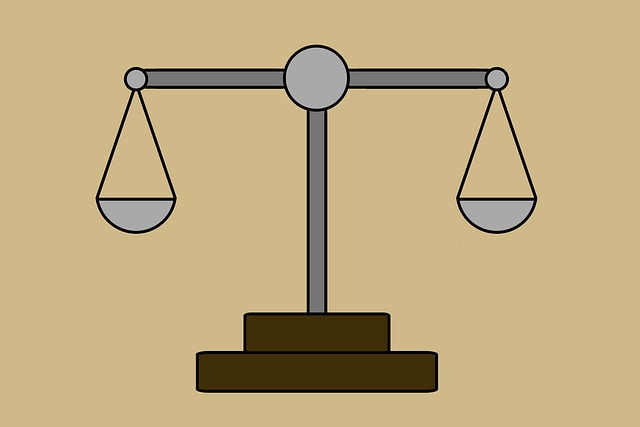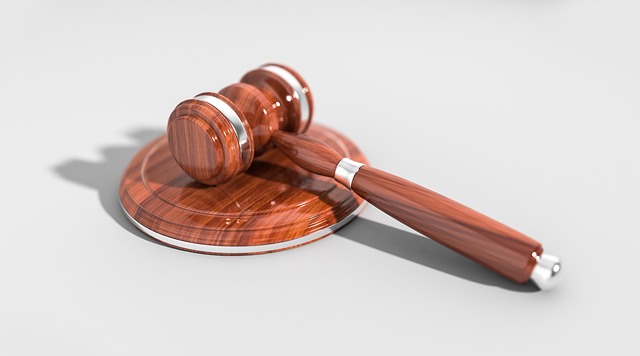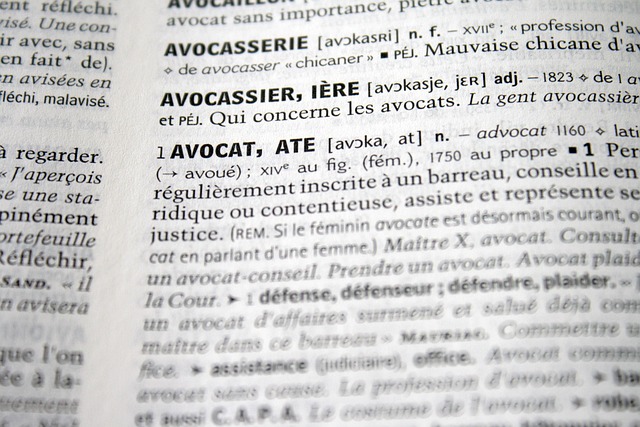Finance crime probes are essential for modern justice, focusing on white-collar and economic crimes by analyzing financial data to uncover fraud, money laundering, etc. Balancing justice with defendants' rights is critical, including their right to silence, legal counsel, and fair treatment. Strategic defenses, meticulous evidence handling, and specialized legal representation ensure due process respect, protecting reputations, and achieving favorable outcomes while maintaining public trust in the system.
In the intricate world of finance, criminal probes pose significant challenges. This comprehensive article delves into the multifaceted aspect of finance crime investigations, offering a detailed look at defendants’ legal rights and the delicate balance between justice and due process. From understanding probe procedures to exploring strategic defense mechanisms, it examines key factors shaping outcomes in criminal cases involving the finance industry. Uncovering the intricacies of evidence handling, this guide also highlights its profound impact on defendants’ rights.
- Understanding Finance Crime Probes: A Comprehensive Overview
- Defendants' Legal Rights During Preliminary Investigations
- Balancing Justice and Due Process in Criminal Prosecutions
- Strategic Defense Mechanisms for Finance Industry Accused
- The Impact of Evidence Handling on Defendant Outcomes
Understanding Finance Crime Probes: A Comprehensive Overview
Finance crime probes are a critical component of modern criminal justice systems, focusing on investigating and prosecuting white collar and economic crimes. Unlike traditional criminal investigations centered around physical evidence, finance crime probes delve into complex financial transactions, records, and digital data to uncover illicit activities. These inquiries are often intricate, requiring specialized knowledge and expertise to navigate the labyrinthine world of financial records and regulations.
The process involves meticulous analysis of various financial instruments, including bank statements, investment portfolios, and digital currencies, to identify suspicious patterns or anomalies indicative of criminal activity. This includes fraud, money laundering, tax evasion, and corruption. By targeting these crimes, authorities aim to protect philanthropic and political communities from economic sabotage and ensure the integrity of financial systems. The unique challenge lies in balancing the pursuit of justice with preserving the defendants’ rights in criminal cases, ensuring due process, and upholding the principles of a fair trial throughout the investigation. With an unprecedented track record of success, these probes play a pivotal role in maintaining economic stability and fostering trust in financial institutions.
Defendants' Legal Rights During Preliminary Investigations
During preliminary investigations into financial crime, it’s crucial to understand that defendants possess certain legal rights designed to protect them throughout all stages of the investigative and enforcement process. These include the right to remain silent, ensuring any statements made cannot be used against them in court; the right to legal counsel, allowing them to consult with a white collar defense attorney to navigate complex charges; and the right to fair treatment, prohibiting discrimination or bias in the investigation.
Knowing and exercising these defendants’ rights in criminal cases are vital for achieving extraordinary results. A competent lawyer can help ensure that evidence is handled properly, protect against any potential violations, and ultimately mount a robust defense strategy. This proactive approach can significantly impact the outcome of the case, demonstrating the importance of legal representation from the outset.
Balancing Justice and Due Process in Criminal Prosecutions
In criminal prosecutions, balancing justice and due process is an intricate act that demands meticulous consideration. While the primary goal is to deliver swift and sure punishment for crimes, it’s equally vital to safeguard the rights of defendants in criminal cases. This delicate equilibrium ensures that individuals are treated fairly within the legal system, preventing any potential miscarriages of justice. Defendants’ rights, such as the right to a fair trial, presumption of innocence, and effective legal representation, form the cornerstone of this process, ensuring they have every opportunity to defend themselves against accusations.
An unprecedented track record of successful defence strategies, highlighted in numerous high-profile cases, underscores the importance of zealous advocacy for clients. This not only guarantees their rights are protected but also ensures that justice is served with integrity and transparency, fostering trust within the philanthropic and political communities that rely on a robust legal framework to uphold societal norms and values.
Strategic Defense Mechanisms for Finance Industry Accused
In finance crime probes, strategic defense mechanisms play a crucial role in protecting defendants’ rights in criminal cases. Accused financial institutions and individuals often employ robust legal strategies to challenge allegations, ensuring their due process is respected. This involves meticulous documentation of internal controls, risk management procedures, and compliance measures to demonstrate good faith efforts in preventing illicit activities. By presenting a comprehensive defense, they aim to clear their names and protect their respective business reputations from unwarranted damage.
Moreover, the unprecedented track record of successful defenses in these cases underscores the importance of robust legal representation. The complex nature of financial crimes often requires specialized knowledge, allowing defendants to navigate the intricate legal landscape effectively. Through strategic planning, comprehensive evidence analysis, and leveraging loopholes or procedural errors, they can mitigate charges, secure favorable outcomes, and foster trust among the philanthropic and political communities.
The Impact of Evidence Handling on Defendant Outcomes
Proper evidence handling is paramount in finance crime probes, as it significantly influences defendant outcomes in criminal cases. The integrity and admissibility of financial records, communications, and other relevant documents can make or break a defense strategy. Inaccurate or improperly handled evidence may lead to dismissal of charges, reduced sentences, or even acquittals for defendants, highlighting the importance of meticulous documentation and preservation protocols.
Attorneys representing defendants in financial crime cases must ensure their clients’ rights are protected at every stage, from collection to presentation. An unprecedented track record of winning challenging defense verdicts is often attributed to effective evidence handling strategies, which can expose weaknesses in prosecution cases and cast reasonable doubt on the accused’s guilt. This meticulous approach not only ensures fairness but also fosters public trust in the criminal justice system.
In exploring the intricacies of finance crime probes, this article has underscored the significance of balancing justice and due process. From understanding the investigatory process to examining strategic defense mechanisms, it’s clear that both prosecutors and defendants must navigate a complex landscape. Ensuring Defendants’ Rights in Criminal Cases remains paramount, especially during preliminary investigations. By critically evaluating evidence handling and being cognizant of legal rights, positive outcomes can be achieved, fostering fairness within the criminal justice system.






